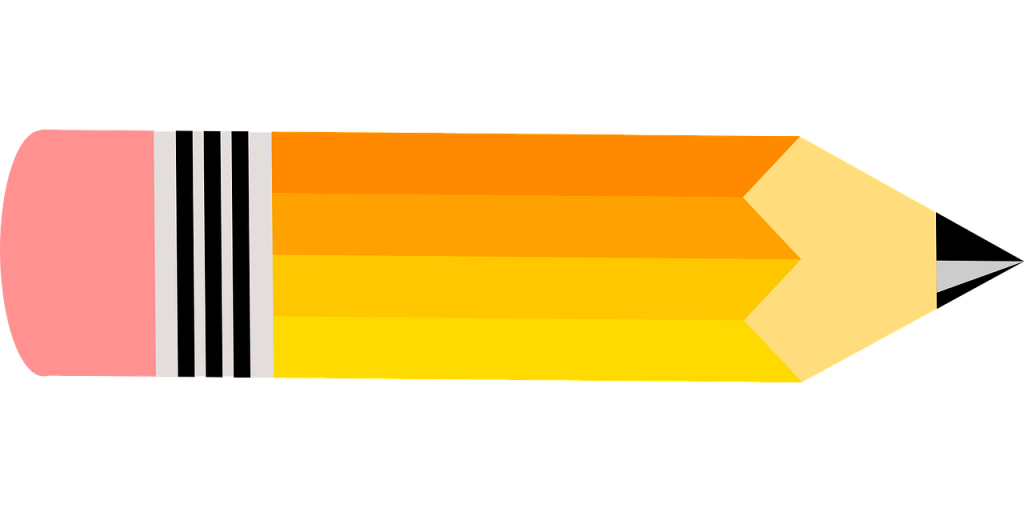Look after your mind

I don’t know
As a schoolboy I was often riddled with anxiety whenever a teacher wanted answers from the class. My general fear was that if I volunteered a response I might be wrong, leading to great embarrassment. If I didn’t know the answer for whatever reason. If I’d forgotten or couldn’t work it out, then my apprehension would be even more acute. How well I remember folding my arms, lowering my head and avoiding eye contact with the teacher. Always in the fervent hope that she wouldn’t notice me.
Years later, as a teacher myself and then as an author visiting schools, I’d try and dampen children’s anxiety by holding up an ordinary object like a pencil. I’d invite the class to ask as many questions as they could about it in one minute. The aim was to highlight an approach to learning that focussed not just on knowing ‘right answers’, but being curious enough to want to find out more. I’d always round off the activity by emphasising that asking a question isn’t a sign of ignorance. Rather it is an intelligent response to uncertainty. Indeed, various studies have found that children who feel at ease with uncertainty and ambiguity are less stressed in a classroom environment and tend to be more active learners. They are enquirers after further information rather than the passive recipients of facts.
According to various sources online, human knowledge is doubling every 13 months, and that the rate is likely to accelerate. This means that all of us find ourselves increasingly in a state of ‘not knowing’. That said, access to information is quicker and easier now than it’s ever been. Personally, I find myself quizzing the Internet several times a day to find answers to things I don’t know. Most recently to discover where the word ‘pencil’ comes from!

Another benefit of not knowing, now that I feel more at ease with it, is that I am often filled with a sense of wonder, even as I go about my day-to-day business. Here I sit writing this article and I wonder how my computer works; how typing on the keyboard translates into words on the screen. And whenever I walk into the village I notice many things that raise questions in my mind, which increasingly I try and find out about.
For me anyway, cultivating this attitude feeds my appreciation that, for all its flaws and horrors and tragedies, the world is still a wonderful place. And that realisation does wonders for my wellbeing.
Steve Bowkett.




 Councils to crackdown on Substance Abuse
Councils to crackdown on Substance Abuse

